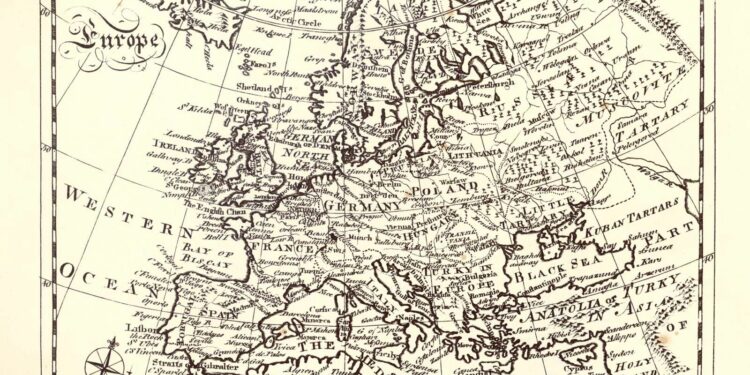Revolution exploded in France in the summer of 1789, after many decades of ideological ferment, political decline, and social unrest. Ideologically, thinkers of the Enlightenment urged that governments should promote the greatest good of all people, not the narrow interests of a particular elite. They were hostile to the political power of the Roman Catholic church as well as to the tax exemptions and landed power of the aristocracy. Their remedies were diverse, ranging from outright democracy to a more efficient monarchy, but they joined in insisting on greater religious and cultural freedom, some kind of parliamentary institution, and greater equality under the law. Enlightenment writings were widely disseminated, reaching many urban groups in France and elsewhere. The monarchy was in bad shape even aside from new attacks. Its finances were severely pressed, particularly after the wars of the mid-18th century and French involvement against Britain during the American Revolution. Efforts to reform the tax structure foundered against the opposition of the aristocracy. Finally, various groups in France were pressed by economic and social change. Aristocrats wanted new political rights against royal power. Middle-class people sought a political voice to match their commercial importance and a government more friendly to their interests. The peasant majority, pressed by population growth, sought access to the lands of the aristocracy and the church, an end to remaining manorial dues and services, and relief from taxation.
These various discontents came to a head when King Louis XVI called the Estates-General in 1789 to consider new taxes. This body had not met since 1614, and its calling released all the pressures building during recent decades, exacerbated by economic hardships resulting from bad harvests in 1787–88. Reform leaders, joined by some aristocrats and clergy, insisted that the Third Estate, representing elements of the urban middle class, be granted double the membership of the church and aristocratic estates and that the entire body of Estates-General vote as a unit—they insisted, in other words, on a new kind of parliament. The king yielded, and the new National Assembly began to plan a constitution. Riots in the summer of 1789 included a symbolic attack on the Bastille, a royal prison, and a series of risings in the countryside that forced repeal of the remnants of manorialism and a proclamation of equality under the laws. A Declaration of the Rights of Man and the Citizen trumpeted religious freedom and liberty of press and assembly, while reaffirming property rights. Church lands were seized, however, creating a rift between revolutionary and Roman Catholic sentiment. Guilds were outlawed (in 1791), as the revolution promoted middle-class beliefs in individual initiative and freedom for technological change. A 1791 constitution retained the monarchy but created a strong parliament, elected by about half of France’s adult males—those with property.
This liberal phase of the French Revolution was followed, between 1792 and 1794, by a more radical period. Economic conditions deteriorated, prompting new urban riots. Roman Catholic and other groups rose in opposition to the revolution, resulting in forceful suppression and a corresponding growing insistence on loyalty to revolutionary principles. Monarchs in neighbouring countries—notably Britain, Austria, and Prussia—challenged the revolution and threatened invasion, which added foreign war to the unstable mix by 1792. Radical leaders, under the banners of the Jacobin party, took over the government, proclaiming a republic and executing the king and many other leaders of the old regime. Governmental centralization increased; the decimal system was introduced. Mass military conscription was organized for the first time in European history, with the argument that, now that the government belonged to the people, the people must serve it loyally. A new constitution proclaimed universal manhood suffrage, and reforms in education and other areas were widely discussed. The radical phase of the revolution brought increasing military success to revolutionary troops in effectively reorganized armies, which conquered parts of the Low Countries and Germany and carried revolutionary laws in their wake. The revolution was beginning to become a European phenomenon.
Jacobin rule was replaced by a more moderate consolidation after 1795, during which, however, military expansion continued in several directions, notably in parts of Italy. The needs of war, along with recurrent domestic unrest, prompted a final revolutionary regime change, in 1799, that brought General Napoleon Bonaparte to power.
Source link : https://www.britannica.com/topic/history-of-Europe/The-age-of-revolution
Author :
Publish date : 2024-09-16 07:00:00
Copyright for syndicated content belongs to the linked Source.



